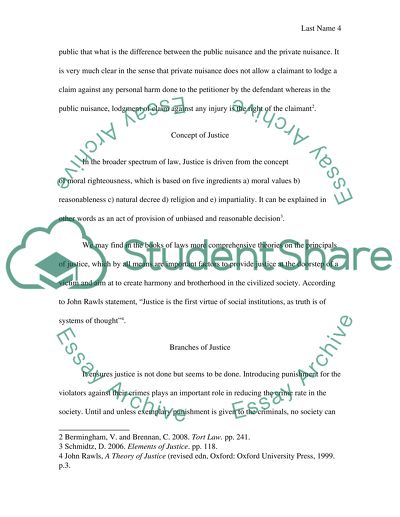Cite this document
(“Does nuisance law reflect well notions of corrective, distributive and Essay”, n.d.)
Retrieved from https://studentshare.org/law/1455506-does-nuisance-law-reflect-well-notions-of
Retrieved from https://studentshare.org/law/1455506-does-nuisance-law-reflect-well-notions-of
(Does Nuisance Law Reflect Well Notions of Corrective, Distributive and Essay)
https://studentshare.org/law/1455506-does-nuisance-law-reflect-well-notions-of.
https://studentshare.org/law/1455506-does-nuisance-law-reflect-well-notions-of.
“Does Nuisance Law Reflect Well Notions of Corrective, Distributive and Essay”, n.d. https://studentshare.org/law/1455506-does-nuisance-law-reflect-well-notions-of.


